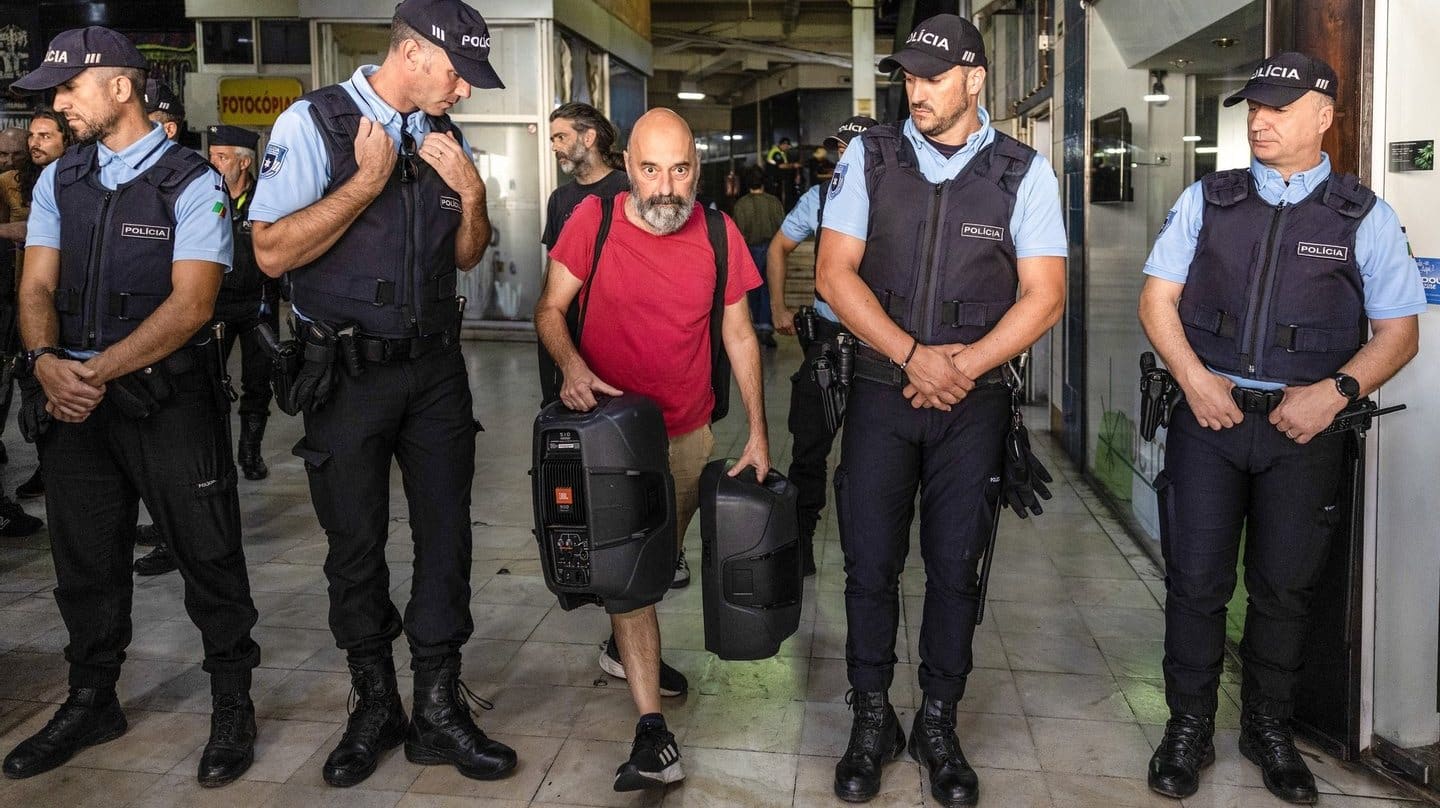Closure of Stop in Porto “deserves reflection” and Ministry of Culture “willing to help”
The Minister of Culture said today in parliament that the closure of most of the stores in the Stop shopping center in Porto, where hundreds of musicians had rehearsal rooms, “deserves reflection” and that the Ministry “is willing to help”. At the Culture Commission, during a regimental hearing, Pedro Adão e Silva revealed that he … Continue reading Closure of Stop in Porto “deserves reflection” and Ministry of Culture “willing to help”
